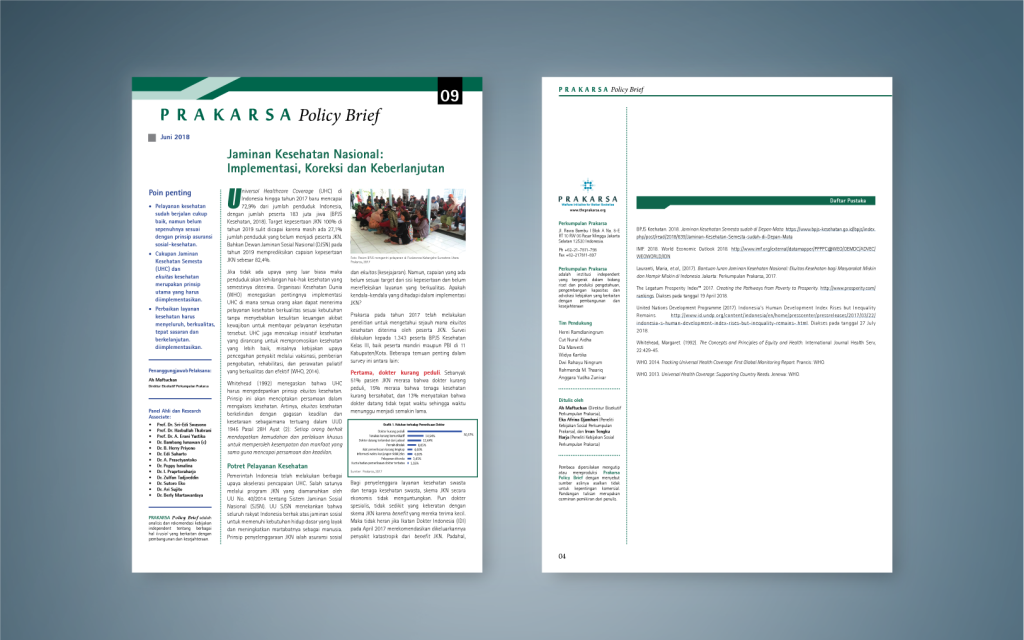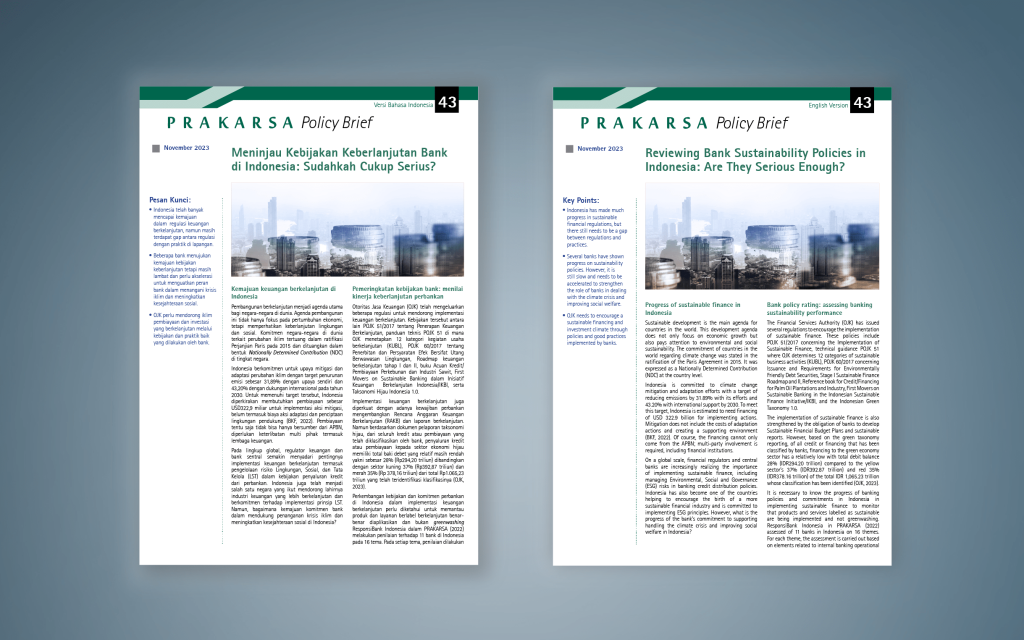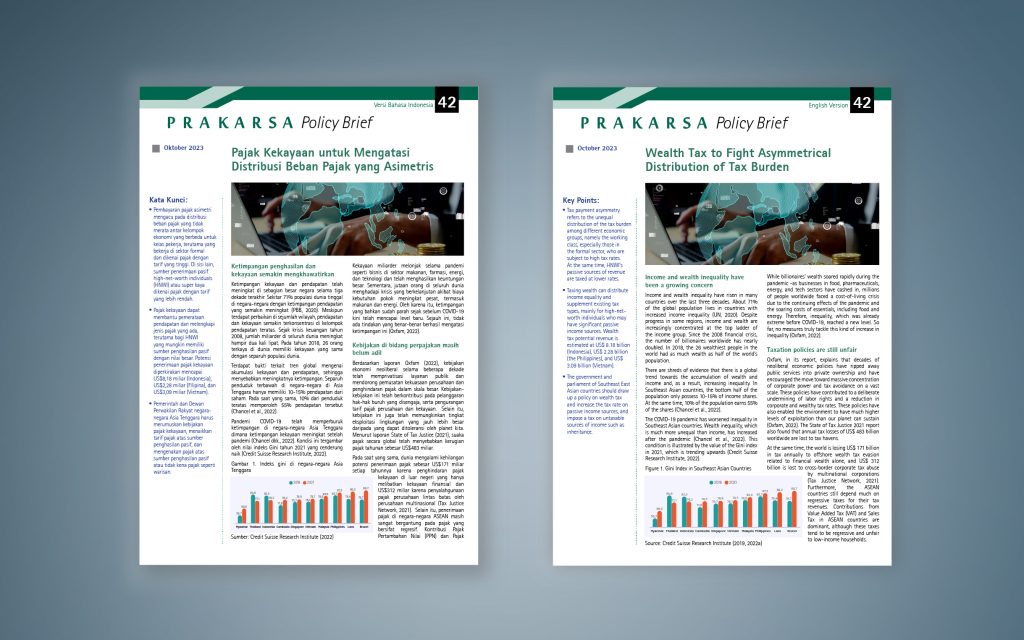
Universal Healthcare Coverage (UHC) in Indonesia until 2017 only reached 72,9% of the total population of Indonesia, with 183 million participants (BPJS Kesehatan, 2018). The target of 100% JKN participation in 2019 is difficult to achieve because there are still 27,1% of the population who have not become JKN participants. Even the National Social Security Council (DJSN) in 2019 predicts the achievement of JKN membership at 82,4%.
If there is no extraordinary effort, the population will lose their right to health that they should receive. The World Health Organization (WHO) emphasizes the importance of implementing UHC where everyone will be able to receive quality health services as needed without causing financial difficulties due to the obligation to pay for these health services. UHC also includes health initiatives designed to promote better health, such as policies to prevent disease through vaccination, provision of quality and effective treatment, rehabilitation and palliative care (WHO, 2014).
Whitehead (1992) asserted that UHC should put forward the principles of health equity. This principle will create equality in access to health. This means that health equity is intertwined with the idea of justice and equality as stated in the 1945 Constitution Article 28H Paragraph (2): Everyone has the right to get facilities and special treatment to get the same opportunities and benefits in order to achieve equality and justice. Portrait of Health Services The Indonesian government has made various efforts to accelerate the achievement of UHC. One of them is through the JKN program mandated by Law no. 40/2014 concerning the National Social Security System (SJSN). The National Social Security System Law emphasizes that all Indonesian people have the right to social security to fulfill their basic needs and improve their dignity as human beings. The principle of implementing JKN is social insurance and equity (equality). However, the existing achievements have not met the target in terms of participation and do not reflect the quality of service. What are the obstacles faced in implementing JKN?



